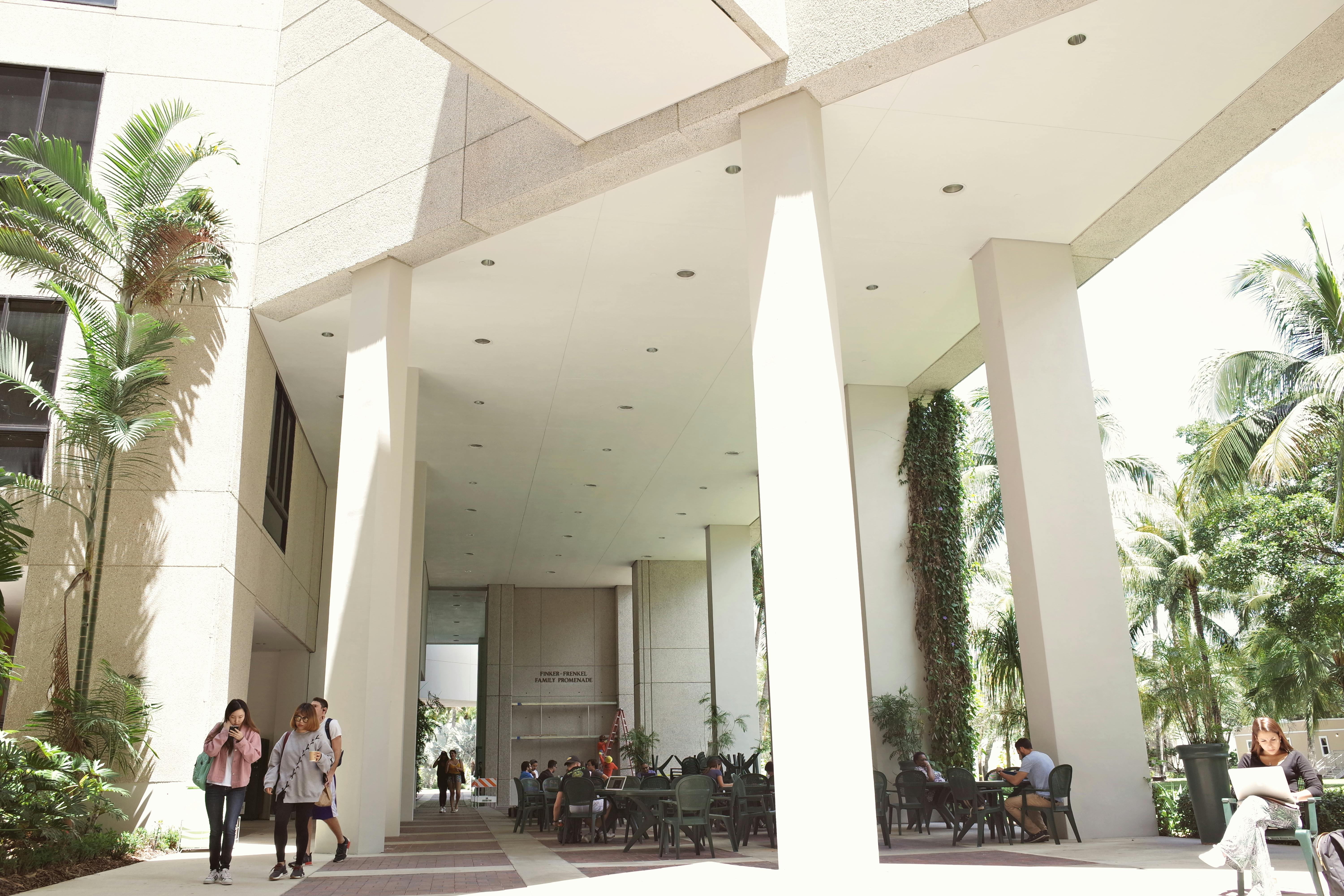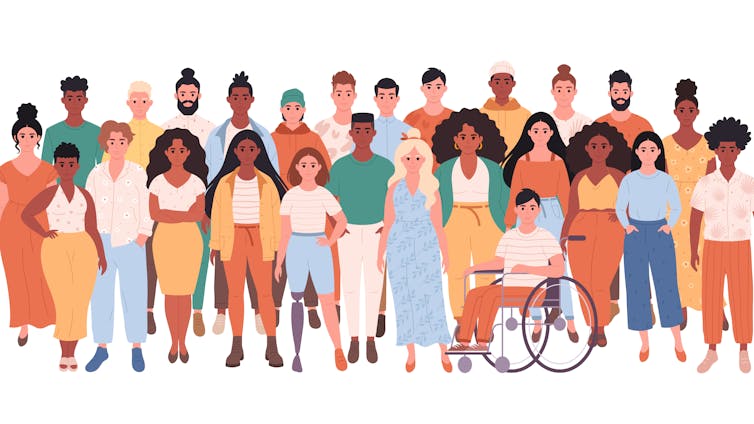Is political correctness holding back progress on diversity, equity, and inclusion?
Tips
Political correctness may lessen overt forms of bullying and workplace harassment, but without internalisation of nonprejudiced values, it may come with the side effect of promoting more passive aggressive forms of discrimination, which work against the goal of diversity, equity, and inclusion. Paris Will and Odessa Hamilton suggest how to progress from political correctness as compliance to a true internalisation of egalitarian values.
A recent poll indicates that 51 per cent of people associate the term diversity, equity & inclusion (DEI) with political correctness (RightTrack Learning, 2021). This reported coupling of terms begs the question of how perceptions of political correctness may be impacting DEI initiatives in the workplace. The reality is that most DEI initiatives fail. The importance of not just meeting compliance targets for diversity, but instead seeking culture change for true inclusion is now receiving much attention (Chavez & Weisinger, 2008; Deloitte, 2014; WIBF, 2021). In many cases, it has been found that quotas imposed by firms are not enough to sustain real change, which brings to question the commitment to DEI on an individual level. This post, therefore, reflects upon political correctness as an ideological construct, how individuals respond differently to politically correct pressures, and how it may be obstructing progress in DEI. We propose that politically correct pressures may have led to superficial change in workplace DEI through the reduction of overt prejudices, but with increased covert forms of discrimination. Lastly, we highlight some promising ways to shift toward a true internalisation of egalitarian values.
The views and opinions expressed in the article are solely those of their authors, and do not necessarily reflect the opinions and beliefs of DiversityWork.com.
Continue Reading





Comments (5)
Best Company Reply
- Ali Tufan
- 2 days ago
Lorem ipsum dolor sit amet, consectetur adipiscing elit. Fusce vel augue eget quam fermentum sodales. Aliquam vel congue sapien, quis mollis quam.Because Other Candidates
- Martha Griffin
- 23 August 2018
Lorem ipsum dolor sit amet, consectetur adipiscing elit. Fusce vel augue eget quam fermentum sodales. Aliquam vel congue sapien, quis.Aldus PageMaker including versions Reply
Lorem ipsum dolor sit amet, consectetur adipiscing elit. Fusce vel augue eget quam fermentum sodales. Aliquam vel congue sapien, quis mollis quam.